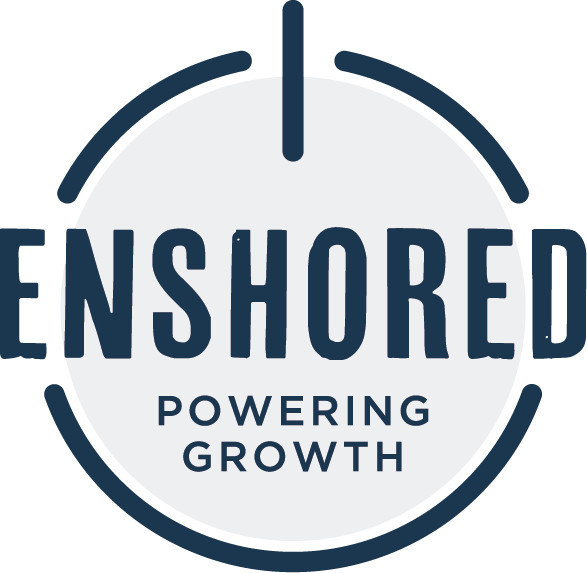Taking too long? Close loading screen.


Outsourcing back office support services can be a cost-effective and efficient way for businesses to focus on their core competencies while still maintaining important administrative tasks. Back office support outsourcing includes a range of functions such as data entry, accounting, customer service, and HR management. In this guide, we will explore the benefits of outsourcing back office support services, how to choose the right provider, and best practices for working with an outsourcing partner.
There are several benefits to outsourcing back office support services, including cost savings, access to specialized expertise, and increased efficiency.
One of the primary benefits of outsourcing back office support services is the potential for cost savings. By outsourcing these tasks to a third-party provider, businesses can avoid the overhead costs of hiring, training, and maintaining in-house staff for these functions. Additionally, outsourcing can allow businesses to take advantage of lower labor costs in other countries, further reducing expenses.
Another benefit of outsourcing back office support services is access to specialized expertise. Outsourcing providers often have teams of highly trained and experienced professionals who can handle a variety of tasks, including data entry, accounting, and HR management. This can be particularly useful for businesses that don’t have the resources to invest in building and maintaining in-house teams for these functions.
Outsourcing back office support services can also lead to increased efficiency for businesses. By outsourcing these tasks, businesses can free up time and resources to focus on their core competencies, allowing them to be more productive and efficient. Additionally, outsourcing providers often have established processes and systems in place to handle these tasks efficiently, which can further streamline operations.
When choosing an outsourcing provider for back office support services, it’s important to consider a number of factors to ensure you find the right fit for your business.
Finding an outsourcing partner can be a challenging process, but by following best practices, businesses can improve their chances of finding a reliable and successful partner. Here are some tips for finding an outsourcing partner:
Before beginning the search for an outsourcing partner, it’s important to define your business needs and the specific tasks you want to outsource. This will help you narrow down potential partners and ensure that they can meet your requirements.
Once you have a clear idea of what you need, it’s time to start researching potential outsourcing partners. Look for providers with a proven track record of delivering high-quality work in the specific areas you need. You can also ask for references and review the provider’s portfolio to get a sense of their work.
The location of the outsourcing partner may also be a factor to consider, depending on your business needs. For example, if you need around-the-clock support, you may want to consider a provider in a different time zone.
Cost is an important factor to consider when choosing an outsourcing partner. Be sure to compare pricing from multiple providers to ensure you’re getting the best value for your money.
Effective communication and collaboration are key to a successful outsourcing relationship. Look for providers that are responsive and willing to work with you to address any issues or concerns that may arise.
Once you’ve identified a potential outsourcing partner, be sure to negotiate terms that are mutually beneficial for both parties. This should include the scope of work, deadlines, payment terms, and any other relevant details.
Before fully committing to an outsourcing partner, it’s a good idea to test the partnership with a small project. This will give you an opportunity to see how well the provider handles the work and whether they are a good fit for your business.
By following these best practices, businesses can increase their chances of finding an outsourcing partner that is reliable, efficient, and a good fit for their needs.
Anticipating growth?
Access the tools, tech & team you need to scale globally.

Serious about scaling?
One call is all it takes to know if we’re a fit.
© 2024 Enshored · Privacy · GDPR · California · Cookies · Marketing by Klicker